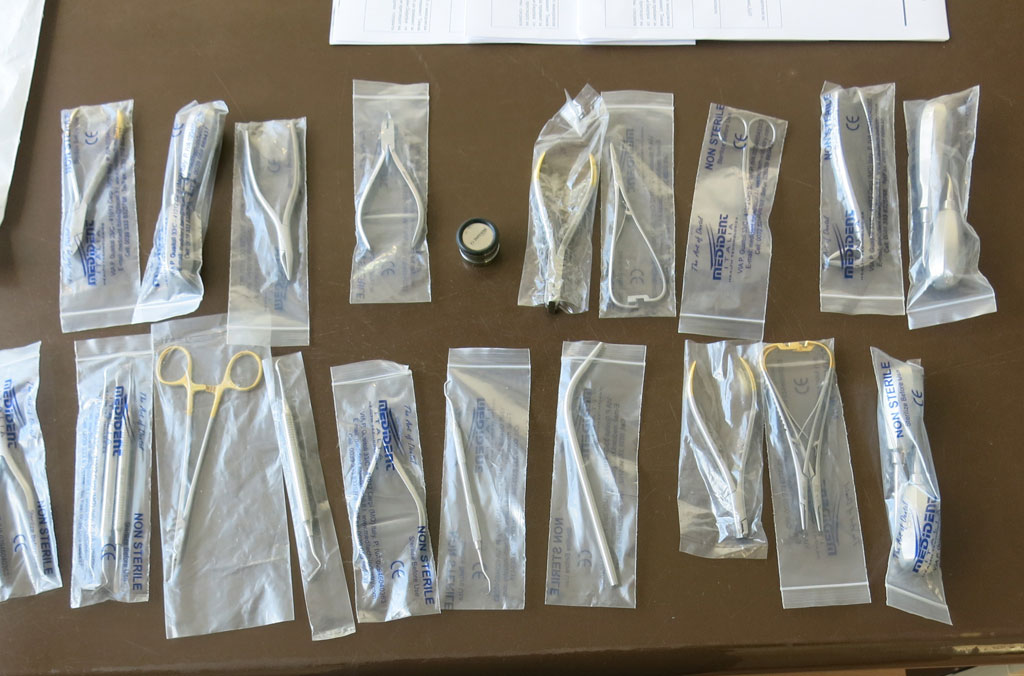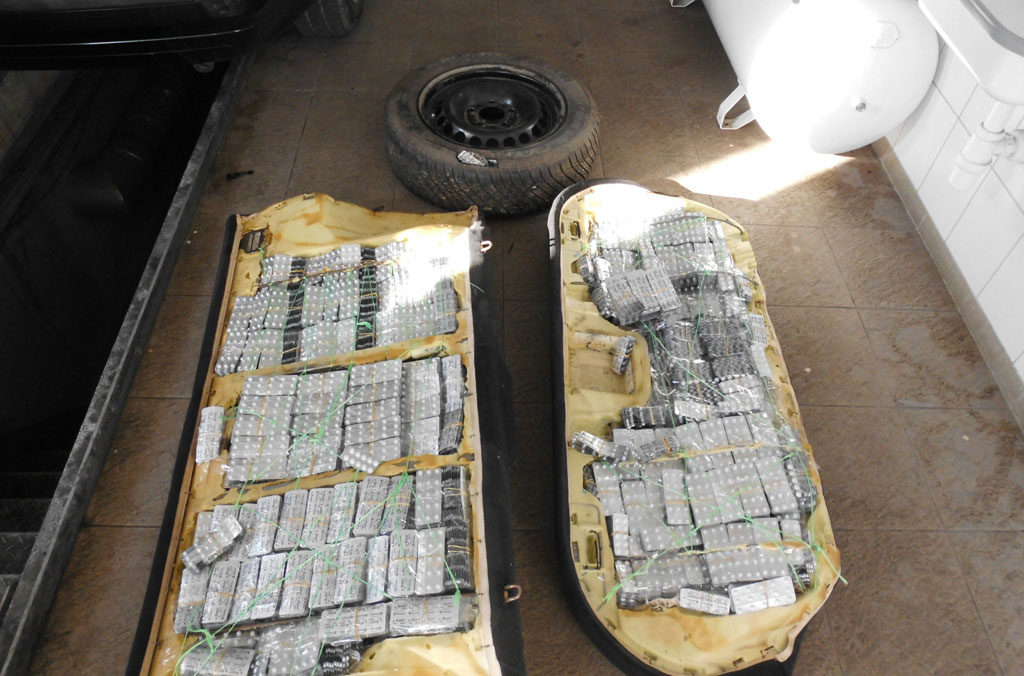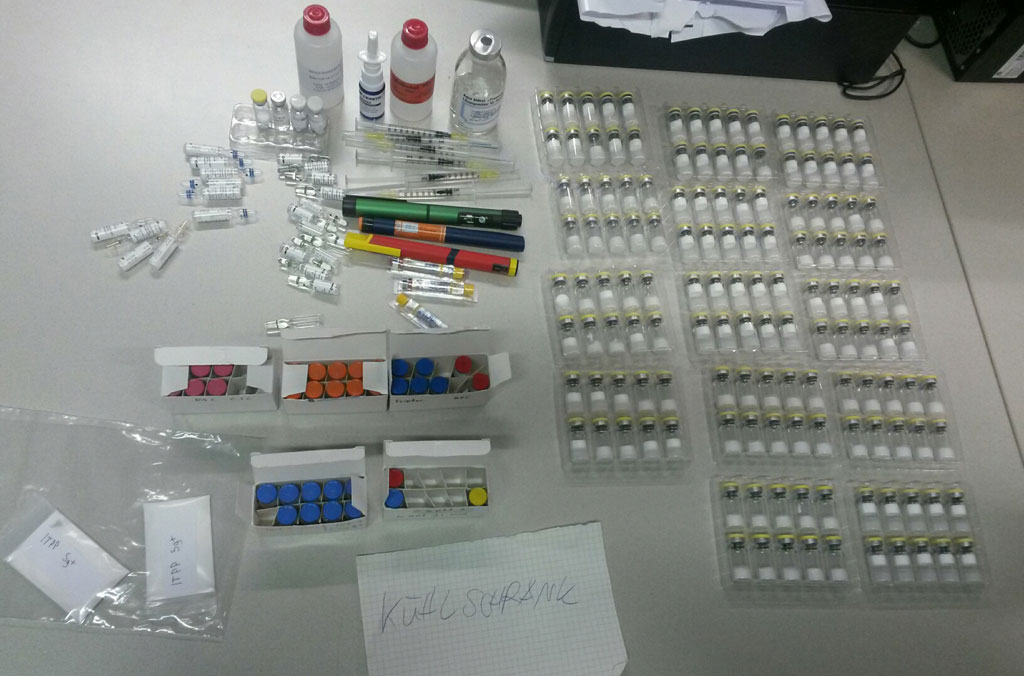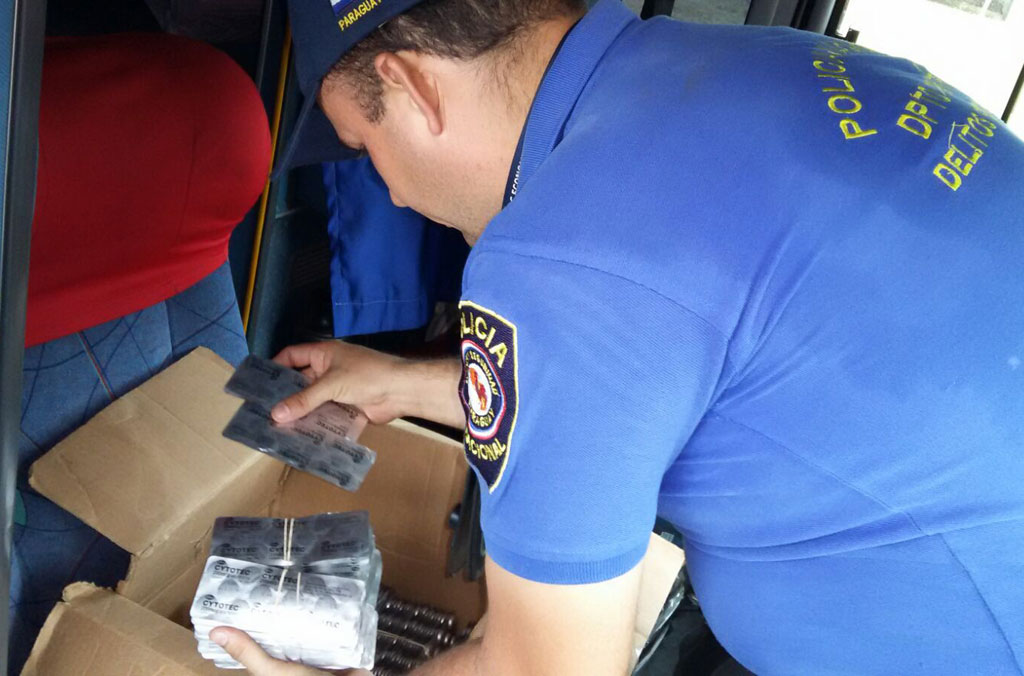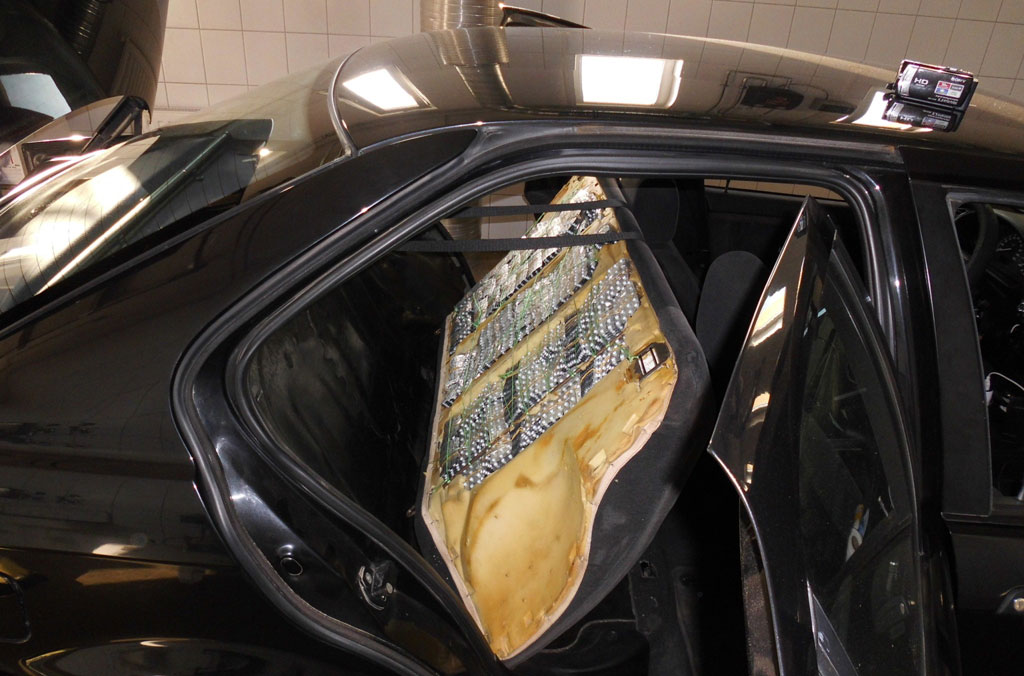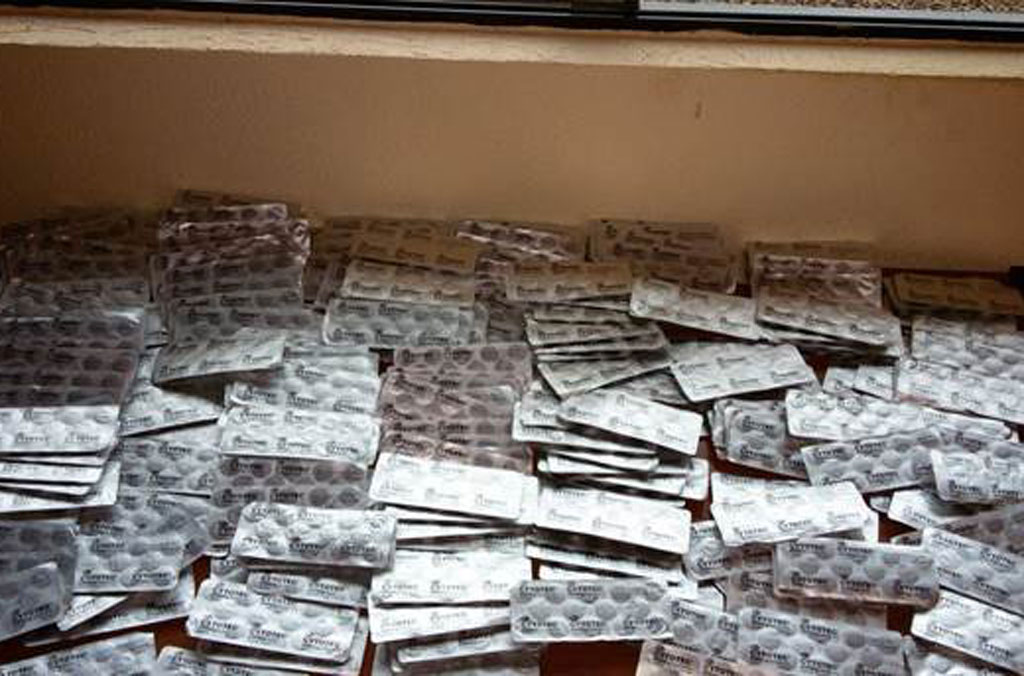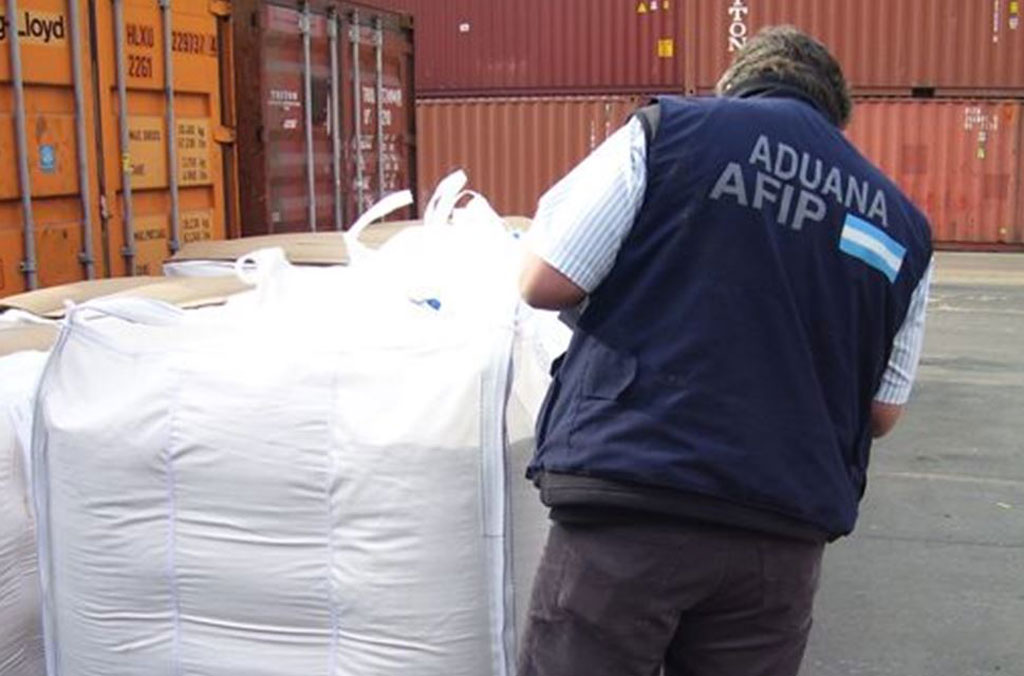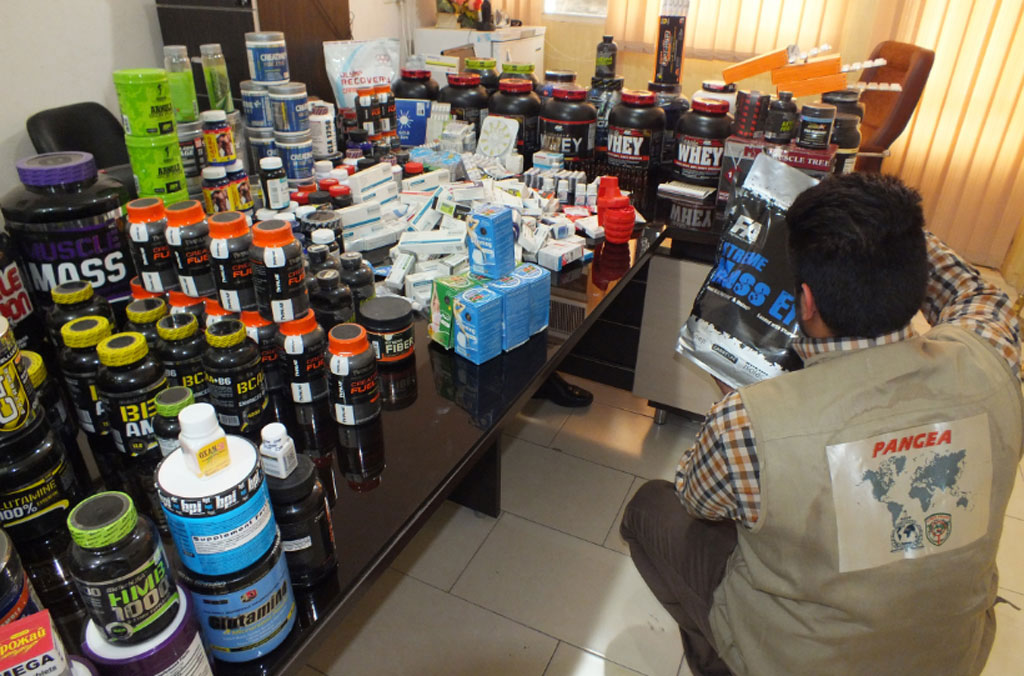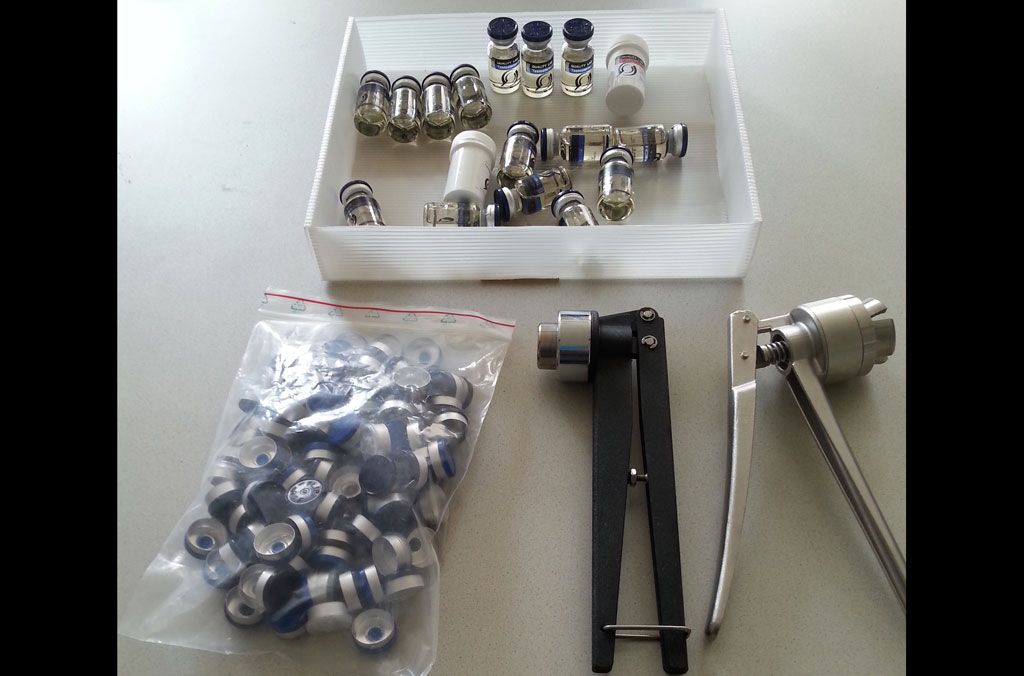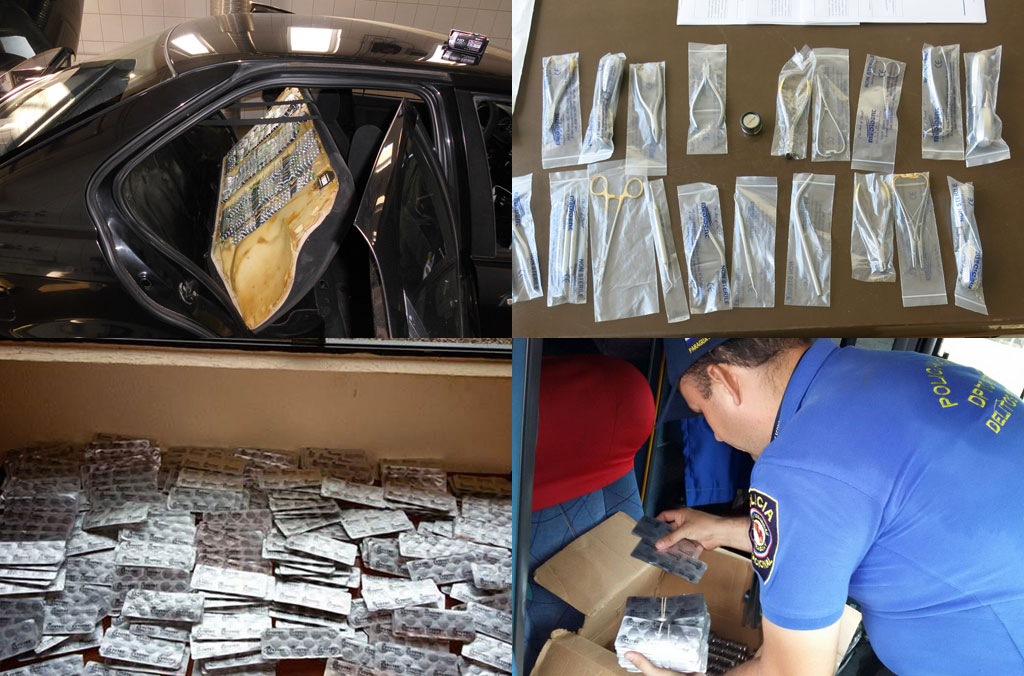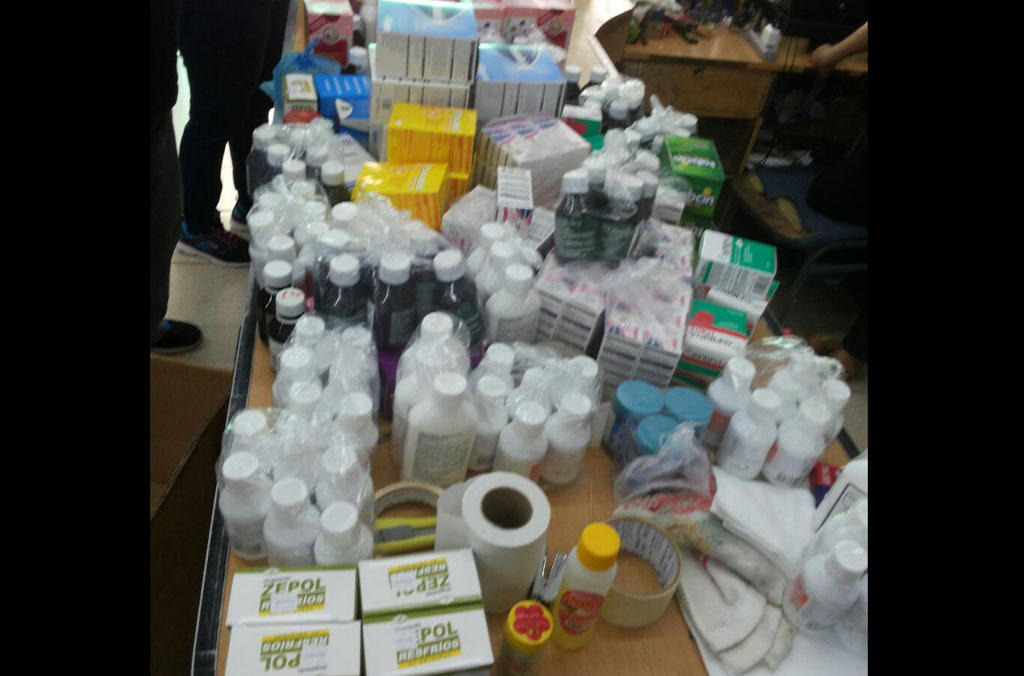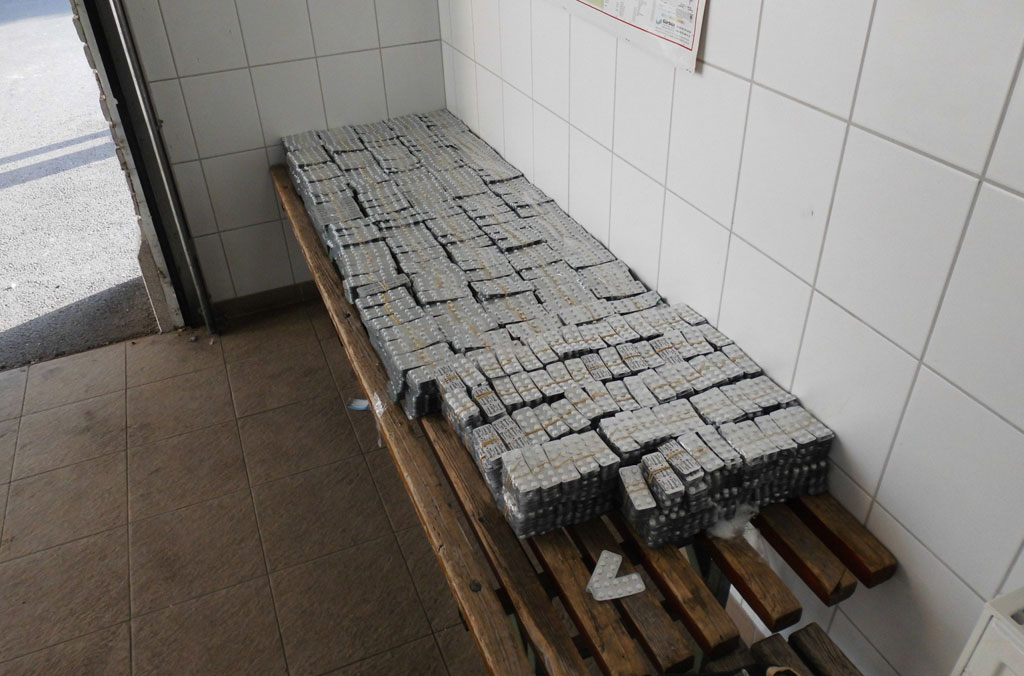LYON, France - Fake cancer medication, substandard HIV and diabetes testing kits, counterfeit dental equipment and illicit surgical equipment – just a snapshot of the potentially life-threatening drugs and goods seized during INTERPOL’s Operation Pangea IX.
Targeting the illicit online sale of medicines and medical devices and involving some 193 police, customs and health regulatory authorities from 103 countries, Operation Pangea resulted in 393 arrests worldwide and the seizure of more than USD 53 million worth of potentially dangerous medicines.
Private partners from the Internet and payment industries also supported the operation, which saw the suspension of 4,932 websites selling illicit pharmaceuticals.
The operation also targeted the main areas exploited by organized crime in the illegal online medicine trade: rogue domain name registrars, electronic payment systems and delivery services. A further 700 investigations have now also been launched by national authorities worldwide with at least 40 cases directly linked to organized crime.
As well as raids at addresses linked to the illicit pharmaceutical websites, some 334,000 packages were inspected and 170,340 seized by customs and regulatory authorities during the international week of action (30 May – 7 June).
Among the 12.2 million fake and illicit medicines seized during the operation were slimming pills, anti-malarial and cholesterol medication, erectile dysfunction pills, hair loss treatments and nutritional products. More than 270,000 medical devices worth an estimated USD 1.1 million were also recovered.
Police in Hungary seized some 65,000 anxiety medication tablets hidden in the back seat of a car and inside the spare wheel, in the same modus operandi often used to smuggle narcotics and an underground laboratory producing fake medication and steroids was discovered in Austria.
Myanmar authorities seized illicit anti-cancer medication and in Singapore, anabolic steroids, sleeping pills, pregnancy test kits, and drugs for infertility and weight loss were also recovered during Operation Pangea IX.
An investigation by the US Food and Drug Administration task force determined that between August 2013 and January 2014, a 29-year-old man from California had sold 2.4-dinitrophenol (DNP) on eBay as a weight loss product. One US customer died in October 2013 as a result of DNP ingestion and in May this year, the seller pleaded guilty to one count of introducing an unapproved drug into interstate commerce.
In May 2015, INTERPOL issued an Orange Notice warning about the dangers of DNP after one woman died in the UK and a French man was left seriously ill after taking the substance purchased via the Internet.
“Whilst the seizures on the ground prevent these potentially lethal drugs and products from reaching unsuspecting consumers, equally as important is shutting down the websites through which these criminals operate,” said Tim Morris, INTERPOL’s Executive Director of Police Services.
“Raising public awareness about the dangers of buying medicines online is essential if we are to choke off this source of funding for organized crime which is making significant profits at the cost of people’s health and safety.”
Operation Pangea IX was coordinated by INTERPOL with support from the World Customs Organization (WCO), the Permanent Forum of International Pharmaceutical Crime (PFIPC), the Heads of Medicines Agencies Working Group of Enforcement Officers (WGEO), Europol, the Pharmaceutical Security Institute (PSI) the Center for Safe Internet Pharmacies (CSIP) and private sector companies including Discover, G2, LegitScript, MasterCard, PayPal and VISA.
A dedicated operations centre at INTERPOL’s General Secretariat headquarters in Lyon served as the central hub for information exchange among the participating countries and agencies. From this base, the WCO coordinated activities between participating customs administrations and the Pangea team via its secure messaging system, and a mobile Europol office conducted additional cross checks.




